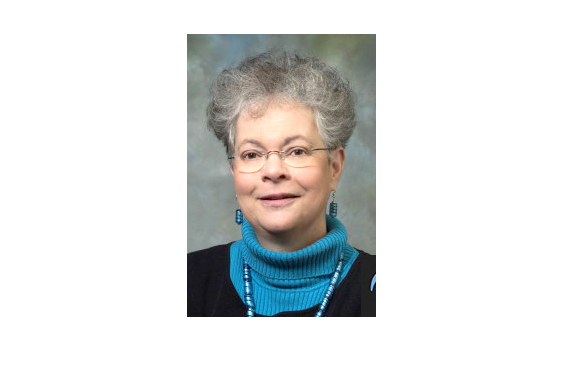
BY ALLISON LEVITSKY
Daily Post Staff Writer
A Palo Alto trauma specialist says Christine Blasey Ford’s 30-year delay in telling anyone that she was sexually assaulted in high school is not just believable — it’s textbook.
Dr. Deborah Rose is a psychiatrist who practices out of her home in the Duveneck-St. Francis neighborhood and treats victims of trauma and post-traumatic stress disorder, including survivors of sexual violence.
She said she hadn’t heard of Ford, a professor of psychology at Palo Alto University, until she read about her accusation that U.S. Supreme Court nominee Brett Kavanaugh sexually assaulted her in high school.
Rose said it’s common for people who have survived a profoundly traumatic experience such as sexual assault to feel ashamed by their “very bewildering, overwhelming, terrifying responses” to stimuli and experiences that remind them of their traumatic event.
“We all have the same response,” Rose said. “But we don’t know how to understand it.”
That Ford moved across the country from her hometown also fits the profile of a sexual assault victim who wants to get away from her environment, Rose said. Her past patients have changed jobs, carried a gun when answering the door at home and been unable to hug their children because of a childhood molestation.
Victims of severe trauma frequently don’t discuss their experiences, because talking about it triggers such an extreme psychological response.
“If they start to talk about it, the trauma comes up again, full blown,” Rose said.
Ongoing symptoms
Trauma victims commonly feel dumbstruck, speechless, frozen with fear or terrified that they’re going crazy. But many don’t understand why they have these ongoing symptoms and feel ashamed of their perceived loss of control.
That feeling of shame leads people not to want to talk about their traumatic experiences, Rose said.
One of Rose’s patients was raped the day she moved into a new apartment — a common target of sexual predators seeking to assault women with their guard down in a new setting, Rose said.
That woman was strong and athletic, but told Rose that she was so paralyzed by the experience, she “felt like a baby.”
“We feel helpless,” Rose said. “Literally, the neurochemistry can paralyze us just the way an opossum gets paralyzed, or an ostrich buries its head in the sand to protect itself.”
Depersonalization
Some rape victims describe not feeling like themselves anymore, or depersonalization: the world doesn’t look real anymore.
Rape and attempted rape are particularly traumatic for a number of reasons: one, because sexual predators frequently make their victim fear that their life is in danger, and two, because trauma at the hands of a human being has a much more severe psychological effect than a traumatic experience caused by something nonhuman, such as a natural disaster.
“At the hands of humans, it’s much worse, and it’s even worse at the hands of someone you know,” Rose said. “Like a profound betrayal of not only that particular person, but kind of the universe at large.”
Ford is expected to testify this morning that Kavanaugh pinned her to a bed at a party in high school, pulled at her clothes and covered her mouth when she tried to scream. Kavanaugh has since been accused by four other women, but denied the allegations.
“These were people she knew in a community she knew,” Rose said.
Rose also said it’s common to cast doubt on others’ traumatic experiences, especially sexual assault, because it’s almost impossible to process that such a thing could happen.
“We feel terrified of the idea that it could happen to us,” Rose said. “The way we protect ourselves is by blaming the victim, not believing the victim.”



Im sure christine blasey ford knows exactly what would be “textbook” given she is a “psychologist”